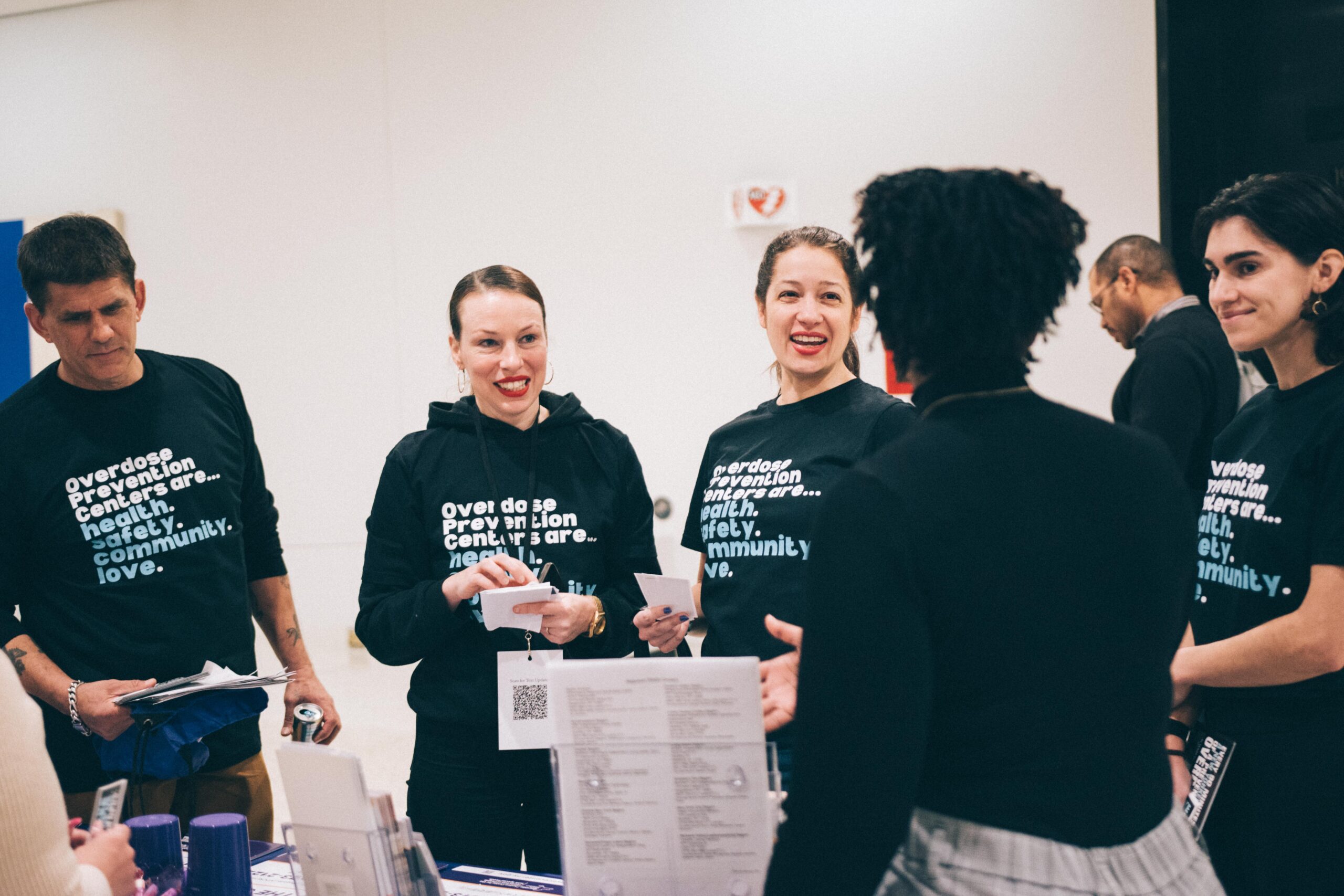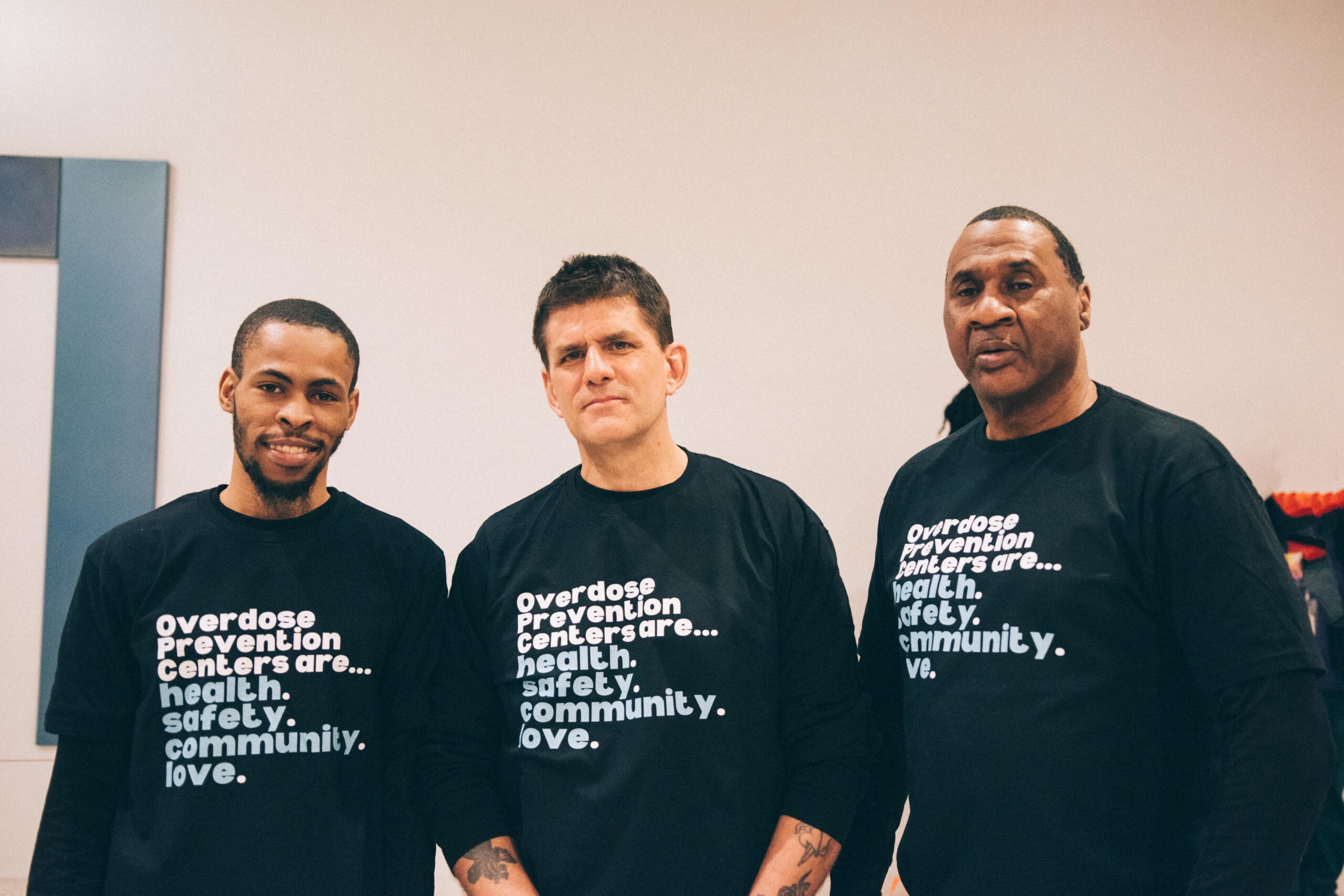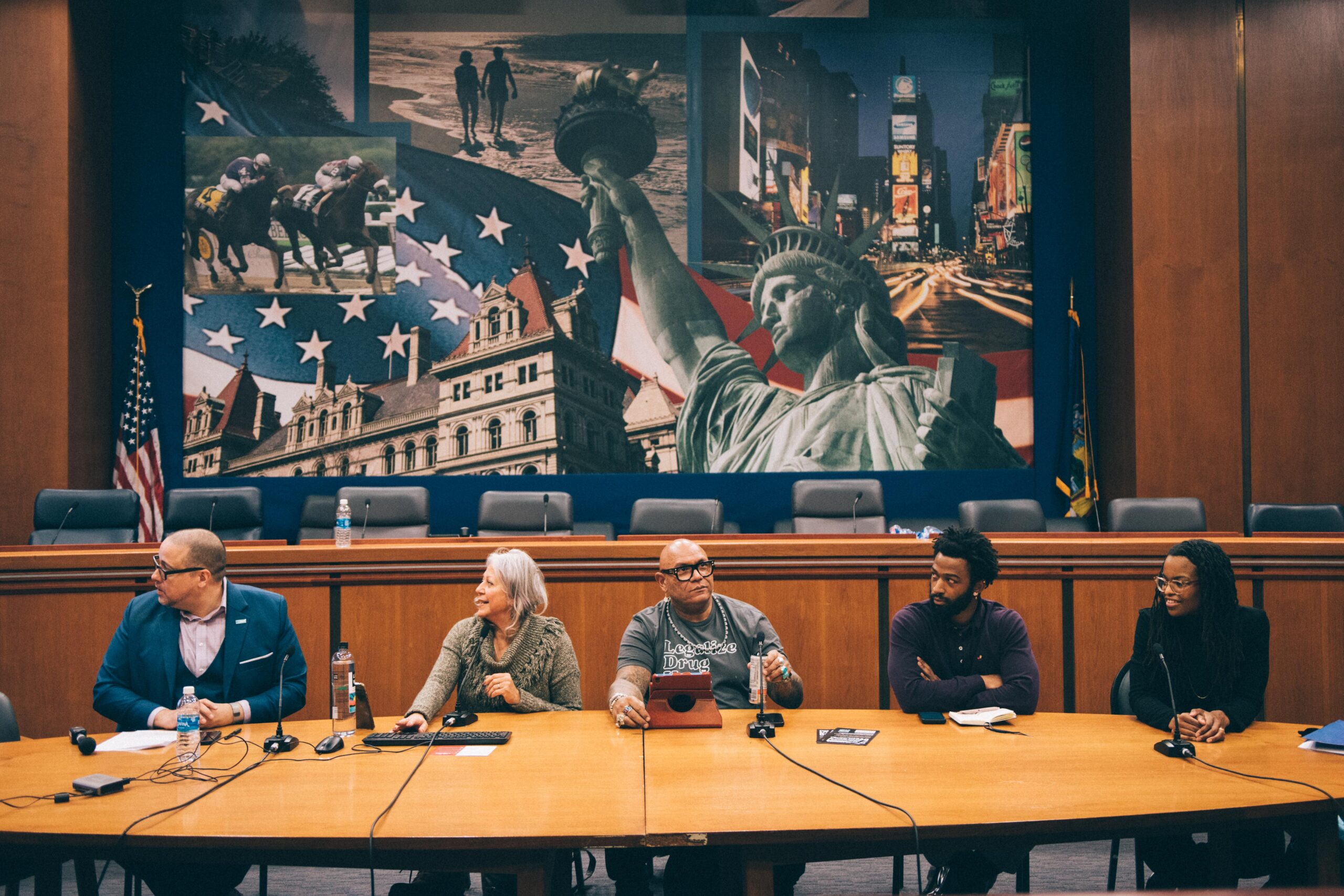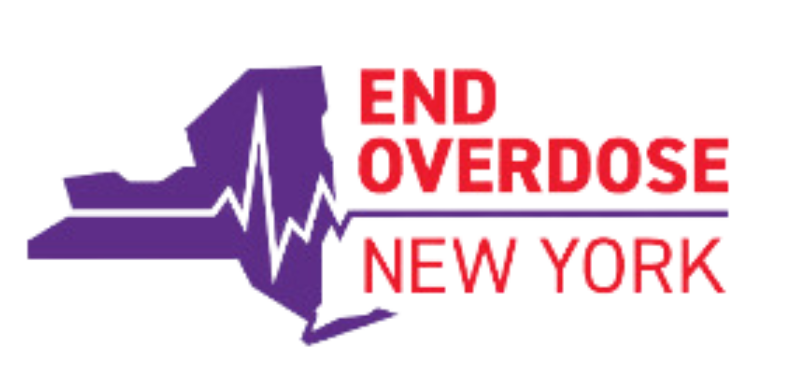




Action Steps to End Overdose
To tackle New York’s overdose and opioid crisis, we must:
1) Prioritize universal access to three life-saving public health tools for all New Yorkers struggling with opioids: medication-assisted treatment, naloxone, and harm reduction services.
Despite New York’s pioneering history in establishing and promoting these critical public health tools, they remain out of reach for too many New Yorkers, including those living in rural areas and those without stable access to health care. We will not end overdose in New York until we prioritize connecting all New Yorkers in need to these vital tools. read more
2) Invest in innovative strategies for an evolving epidemic: The new challenges of fentanyl bring a renewed urgency to not only intensifying and scaling up existing approaches, but embracing new, evidence-based interventions to save lives.
New York must move beyond addressing the symptoms and acute manifestations of the overdose epidemic and tackle five key drivers of vulnerability: inadequate treatment, criminal justice involvement, housing instability, heightened risk among overdose survivors, and unobserved overdoses. Neglecting these core factors has fueled New York’s crisis and left our communities ill-equipped to manage the threat of more potent opioids. New York’s continued leadership – and our ability to make an impact on the overdose epidemic – requires taking bold new steps to save lives. read more
3) Commit to public education that provides information and hope:
A public-private partnership is needed to fund a public health campaign to both educate the general public as well as provide additional information to help individuals and families in need to understanding overdose. An effective public education campaign would inform communities about life-saving public health tools while tackling the stigma that keeps families isolated and pushes individuals at risk of overdose away from support and care. read more
Guard against Failed War on Drugs Approaches
As we seek to implement the above solutions, we must not fall back toward a punitive ‘drug war’ approach that is ineffective, and can actually exacerbate problems. read more
